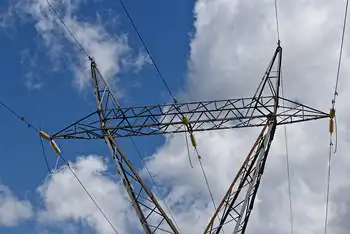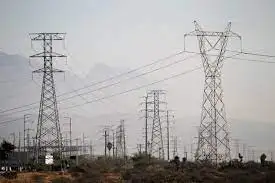Exelon protests proposed short-term reliability rules at NERC
By Platts
NFPA 70b Training - Electrical Maintenance
Our customized live online or in‑person group training can be delivered to your staff at your location.

- Live Online
- 12 hours Instructor-led
- Group Training Available
Exelon told the US Federal Energy Regulatory Commission that NERC's recently proposed rules ignore that distribution providers do not have "control of required information about the loads" served by load-serving entities. NERC has proposed to FERC that in terms of reliability compliance, distribution companies be treated as LSEs in areas with retail choice.
NERC said the rule is meant to address the reliability gap that would result if there is no LSE registered on its compliance registry on behalf of end-use customer load that retail power marketers served.
NERC proposed the rule as a short-term solution while it works on a long-term plan to address the gap.
Exelon complained to FERC, however, that as distribution provider it would have to gather information from LSEs and relay it to system operators in order to comply with the proposed rule.
"It is unfair and impractical to hold the (distribution providers) accountable for compliance with standards for sharing data and information that is under the direct control of the (LSEs)," Exelon said. "NERC acknowledges that DPs would have to get the information from the LSEs but has offered no countervailing facts or policy benefits for its position that Dps should be held accountable for providing information that they do not directly control."
NERC made a compliance filing with FERC in late July amending its criteria for entities listed on its compliance registry. NERC proposed "to require the distribution provider to whose system the electric loads in retail-choice areas are connected to be registered as the LSE for all loads connected to its system for the purpose of compliance with NERC's approved reliability standards applicable to LSEs."
Exelon said that certain information is in the possession of LSEs and not distribution companies. Exelon also complained that NERC ignores that distribution providers do not have control over LSEs serving load connected to their systems, cannot ensure compliance with the standards and should not be held accountable for compliance that they cannot control.
NERC responded that distribution companies provide the wires over which the retail power marketer load is served, and "in fact, have both the infrastructure and access to information to enable them to comply with the LSE reliability standards."
Exelon cited the example that only LSEs, and not the DP, has the monthly peak-hour forecast demands for the next two years for the LSE's customers" needed to comply with certain NERC rules. Exelon said it cannot guarantee compliance on behalf of the LSE.
Detroit Edison utility also protested the rules, saying both DPs and retail power marketers perform some, but not all, functions assigned to LSEs.
"Simply shifting all LSE responsibility to distribution providers, as proposed by NERC, does nothing to solve this problem, Detroit Ed said. "It merely discriminates against one group of entities (the distribution providers) to the advantage of another group of entities (the retail power marketers), and will lead, at best, to incomplete compliance."











